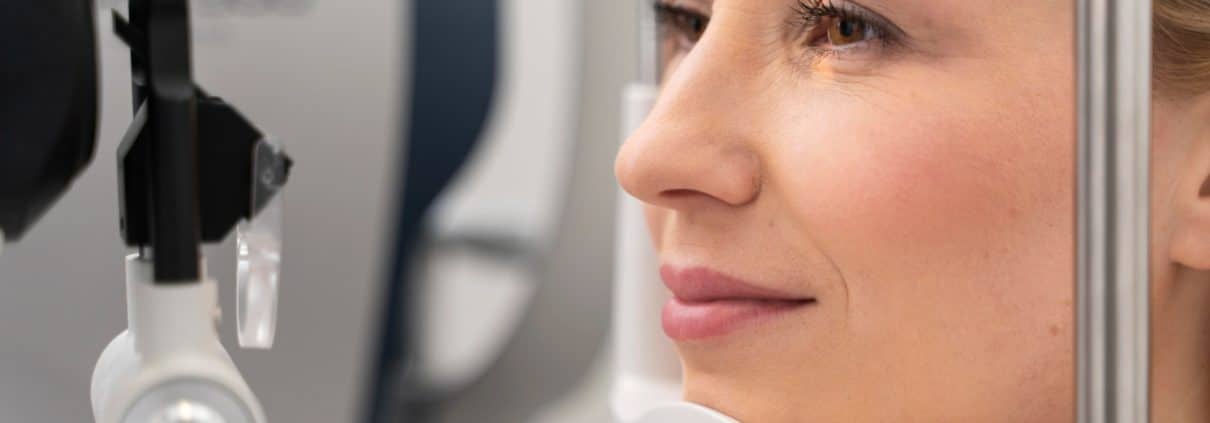Frequently Asked Questions About Cataracts
In the past, cataracts were a leading cause of blindness. Today, this condition can be successfully treated by a qualified optometrist. They are still problematic, though. Cataracts affect millions of people worldwide, and they drastically impair vision the worse they get. If you’ve been diagnosed with cataracts in Brunswick, GA and you have questions, here is some valuable information.
What Exactly Are Cataracts?
Cataracts are not growths, like many people believe. Often, people refer to having their cataracts “removed,” but this isn’t accurate. Cataracts are a clouding of the lens of the eye. The lens is just behind the iris and the pupil. The backside of the lens is exposed to the vitreous body of the eye. When a person has cataracts, the lens gets increasingly cloudy, eventually causing blindness, since light is unable to enter the eye. This condition develops slowly, and a number of years may pass before the lens completely clouds over.
What Are the Symptoms of Cataracts?
Symptoms of cataracts are often readily observed in both the patient and the examining optometrist. Patients may exhibit:
- cloudiness of the eye
- blurriness
- cloudy vision
- impaired night vision
- sensitivity to glare
- less vibrant colors
- and more
The best way to determine if you have cataracts is with an eye exam. Professional diagnosis is the only certain way to know if you have developing cataracts or another eye condition. Your optometrist will use a range of tests that may include a slit-lamp exam, retinal exam, visual acuity test and more.
How Are Cataracts Treated?
As noted, cataracts are not a growth that can simply be removed. The standard treatment for cataracts is eye surgery, which involves removing the clouded lens and replacing it with an artificial intraocular lens (IOL). Cataract surgery is one of the most common and successful surgical procedures performed today, and there is an extremely low risk factor. There are different types of IOLs available, including monofocal, multifocal, and toric lenses, each offering varying degrees of vision correction. Your optometrist will go over these options with you before surgery.
Not everyone gets cataracts as they age, but many do. It’s certainly worth undergoing a simple eye exam on a routine basis to check. Contact your Brunswick, GA optometrist to book an appointment today.





Leave a Reply
Want to join the discussion?Feel free to contribute!